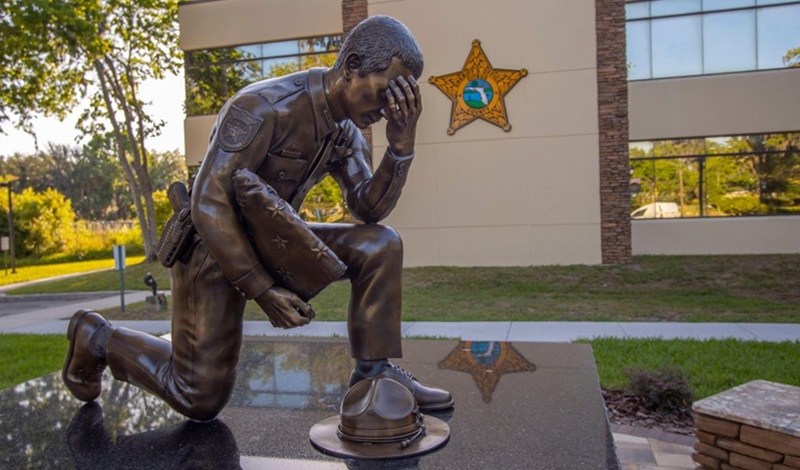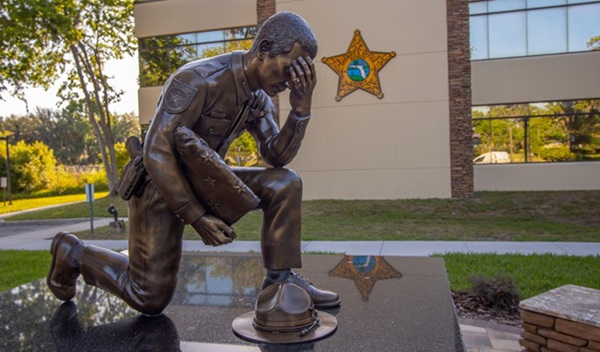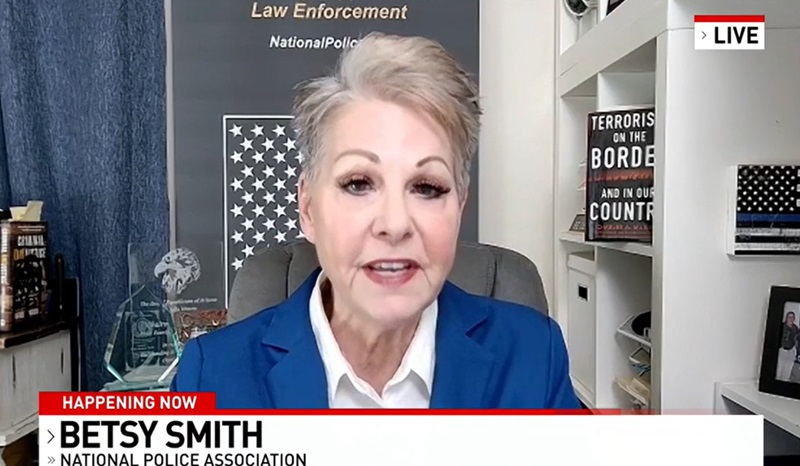

Indianapolis – August 6, 2024. Police officers remain at greater risk of developing serious mental health issues like Post-traumatic stress disorder (PTSD). It is estimated that U.S. officers are two to four times more likely to suffer from PTSD than the general population. The law enforcement community tends to suffer in silence, so these numbers may be even higher.
The First Responders Wellness Act (S.4892), introduced by Sens. Kirsten Gillibrand (NY) and Josh Hawley (MO) in July and since referred to the Judiciary Committee, helps address this need. S. 4892 would amend the Omnibus Crime Control and Safe Streets Act of 1968 to expand mental health services for police officers and other first responders. The bill’s text can be found here.
The foundations of the First Responders Wellness Act are:
- the development of professional programs that provide confidential and independent mental health services;
- an increase in the number of mental health providers made available;
- the creation of a mental health hotline dedicated to providing peer support, information, and brief intervention services.
“Expanding mental health and wellness services to law enforcement officers is critical, especially at a time when they’re navigating a complex landscape,” said Paula Fitzsimmons, Legislative Director of the National Police Association. “Given that PTSD and other forms of mental illness can result in symptoms that impact an officer’s ability to perform optimally, the tools that this bill supports are also imperative to the public’s safety.”
It’s not just the inherent demands of policing that contribute to this scenario. Officers are experiencing burnout stemming from an ongoing police staffing shortage that requires them to work unforgiving hours. This is occurring as they respond to an increased number of high-stakes calls for service. Exacerbating this dynamic are feelings of demoralization, betrayal, and lack of support by members of the public, elected officials, and even leadership from within their own agencies.
We urge members of Congress to co-sponsor the First Responders Wellness Act, as well as other bills that are supportive of law enforcement and promote officer morale. Among these are the Protect and Serve Act, which would make it a federal crime to knowingly target police officers; and the Local Law Enforcement Protection Act, which would protect qualified immunity protections.
We also urge elected officials to practice speaking out for police officers when they need it most. Meaningful expressions of public support help promote officer wellness.
The National Police Association is grateful to Sens. Gillibrand and Hawley for introducing this important bill and looks forward to it becoming law.
About the National Police Association: The National Police Association is a 501(c)3 non-profit Educational/Advocacy organization. For additional information visit NationalPolice.org
###






